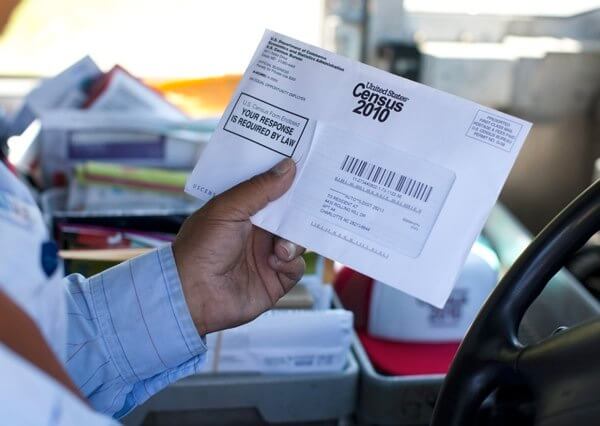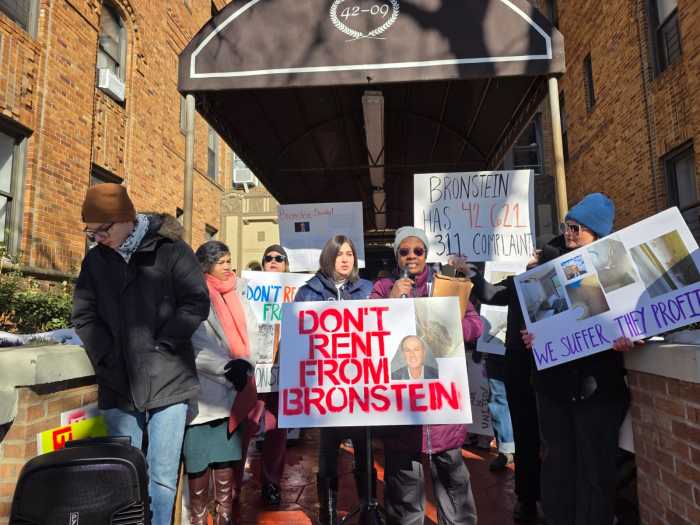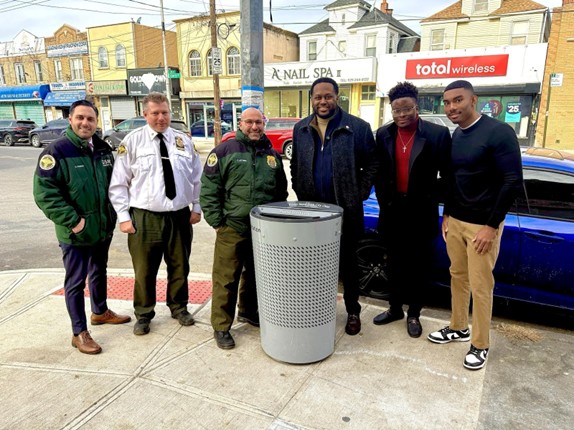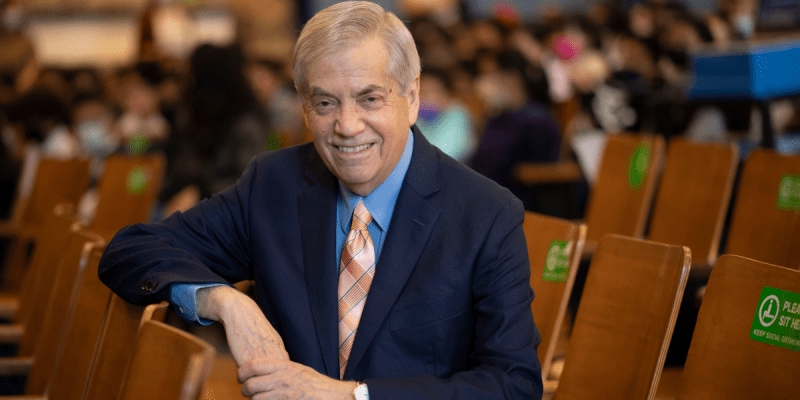By Gina Martinez
New York Attorney General Eric Schneiderman’s lawsuit against the Trump administration’s demand for citizenship information in the 2020 census has been amended and growing, with more cities, states and counties coming on board.
The lawsuit, filed last month in U.S. District Court in Manhattan was amended to add the state of Colorado and cities, including Central Falls, RI, Columbus, Ohio, and Pittsburgh, Pa., as well as Cameron County, Texas; El Paso County, Texas; Hidalgo County, Texas and Monterey County, Calif. as co-plaintiffs. The bipartisan coalition now includes a total of 18 States, including the district of Columbia, nine cities, four counties, and the U.S. Conference of Mayors.
Schneiderman said requiring citizenship information on the Census would depress voter turnout in states with large immigrant populations.
“Demanding citizenship status would threaten both our fair representation and the billions in federal dollars that fund our schools, social services, and so much more,” he said. “The federal government has a fundamental obligation to ensure a fair and accurate count of all people in the country, period. For decades, administrations of both parties have upheld this constitutional requirement. Our growing coalition is sending a clear message: We won’t allow the Trump administration to recklessly abandon nearly 70 years of practice in an attempt to jeopardize the basic rights of those we represent.”
The amended complaint specifically highlights the billions of dollars at risk for states and localities around the country. Schneiderman said in New York alone, that includes $1.2 billion in Title I funds used to help students at risk and $781 million in special education funds for New York school districts, and $198 million in Child Care and Development grants. The complaint also highlights the extensive funding and resources plaintiffs have already dedicated toward encouraging participation in the 2020 Census. New York City had budgeted $4 million to hire staff and develop programs around Census participation, before the addition of the citizenship demand. Schneiderman said those funds are now insufficient to cover the type of public outreach necessary to encourage anxious residents, particularly in immigrant communities, to participate.
The census controversy began Dec. 12, when the U.S. Department of Justice requested that the Census Bureau demand citizenship information in the 2020 census form sent to every household in the United States even though the census is supposed to count all persons, citizens and non-citizens alike. The DOJ argued that the collection of citizenship information was necessary to ensure proper enforcement of the 1965 Voting Rights Act.
But according to Schneiderman and 18 other states in a letter sent to the Commerce Secretary Wilbur Ross in February, the demand would have the opposite effect by driving down participation in immigrant communities. The potential undercount would deprive immigrant communities of fair representation when legislative seats are apportioned and district lines are drawn, the letter said.
Queens is the nation’s most ethnically diverse county, where nearly half of the residents are foreign-born.
Schneiderman’s lawsuit was brought under the Enumeration Clause of the U.S. Constitution, arguing that by asking for citizenship information, the Trump administration will impede an “actual enumeration” required by the Constitution. It was also brought under the Administrative Procedure Act, which allows courts to set aside unlawful or arbitrary and capricious agency decisions.
Schneiderman pointed out that the Census Bureau’s own research shows that the decision to demand citizenship information will “inevitably jeopardize the overall accuracy of the population count” by significantly deterring participation in immigrant communities, because of concerns about how the federal government will use citizenship information. Schneiderman and other lawmakers said these concerns have only been amplified by President Trump’s anti-immigrant rhetoric and pattern of actions that target immigrant communities.
The Census Bureau rejected the addition of a citizenship question in 1980, saying “questions as to citizenship are particularly sensitive in minority communities and would inevitably trigger hostility, resentment and refusal to cooperate.”
Reach Gina Martinez by e-mail at gmart



































